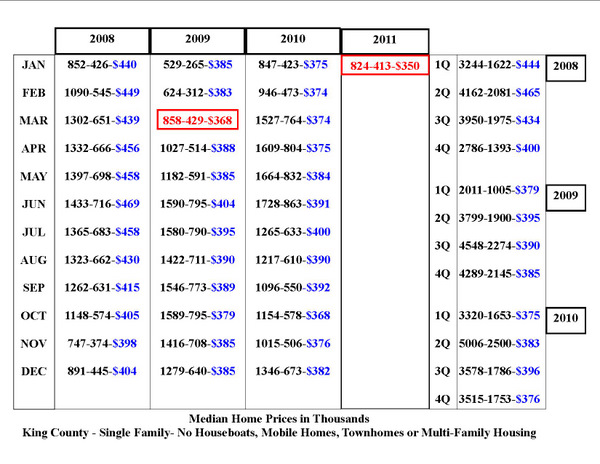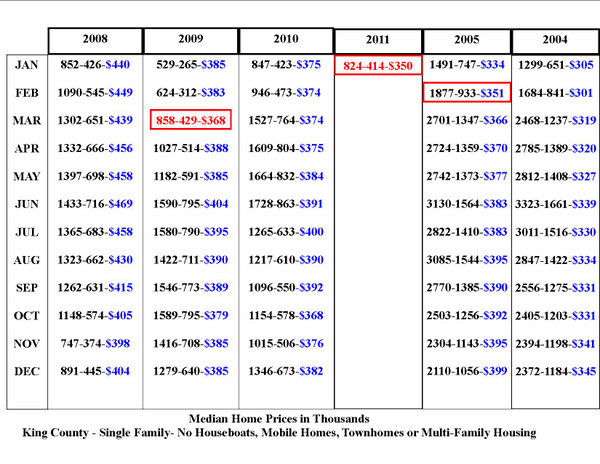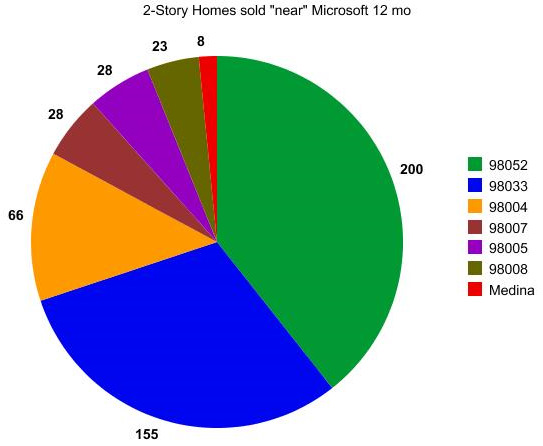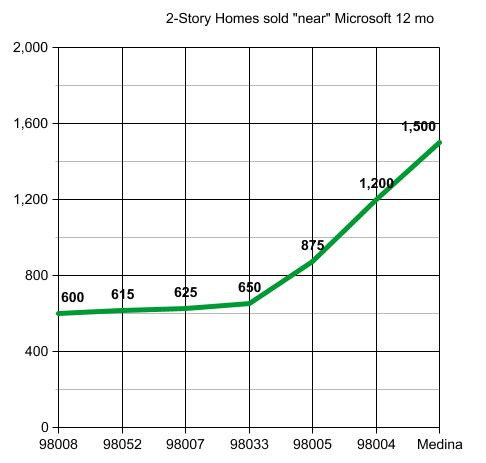Are banks to blame for people signing the Note for the loan they sought? Businesses (and Banks) are only as ethical as the leadership running the ship. This is a very complicated issue with many moving parts.
Strategic Default Homeowner of 2004-2007:
“I hate the bank for forcing me to sign the Promissory Note for the loan (I mean the monthly payment) after I have considered my purchase for the 30-45 days it took to close and after my inspection contingency of said property. I could probably keep making the payments that I knew I signed my loan paperwork for but I just never thought the market would turn down so much. My value has dropped by 30% from when I purchased it. I know that I refinanced since I purchased. I’m aware of neighbors walking and have read that many are doing the very same. I’m considering walking too.”
Homeowner of 1988-1990:
“I hate the fact that the market turned shortly after my purchase. I can make the payments and ride this out even though it may be tough. It might take several years for the values to go back up but if I live within my means I should be ok. I love my house, my neighborhood and am part of this community”
My mother living on Capitol Hill (23rd and Prospect) in 1979-1980:
“Since the economy soured it has been tough. My husband lost his job and has been out of work for over a year now. It’s stressing us to be sure. We’ve saved and been frugal. Some of the improvements to our home will not take place. We’ll have to forego some of the things we’d like to do and we’ll take the bus to get around or ride our bikes. To get to soccer practice our kids will have to ride their bike, take the bus or walk. Our kids will work after school to help defray tuition. I’ll take on any additional work, tutor kids and earn extra money by holding swimming lessons downtown at the YWCA and YMCA in the Central District.
Christmas? Well, we will make wreaths and Yule logs and should be able to sell quite a few. We should make enough so that we can get a Christmas Tree on Christmas eve when the prices drop. Although gifts will probably be few, I’ll probably make some gifts and knit some hats to keep you kids warm during our cold days.
Today (2011) times are different. I think back to my mother and father (Dr. Claude Fly) who got us through the great depression in Oklahoma. This is nothing compared to that. People of today seem to have lost the work ethic. With my arthritis and back problems I try to hire kids to help me around our current home. It’s hard to get them to work for an hour straight around the yard. “





